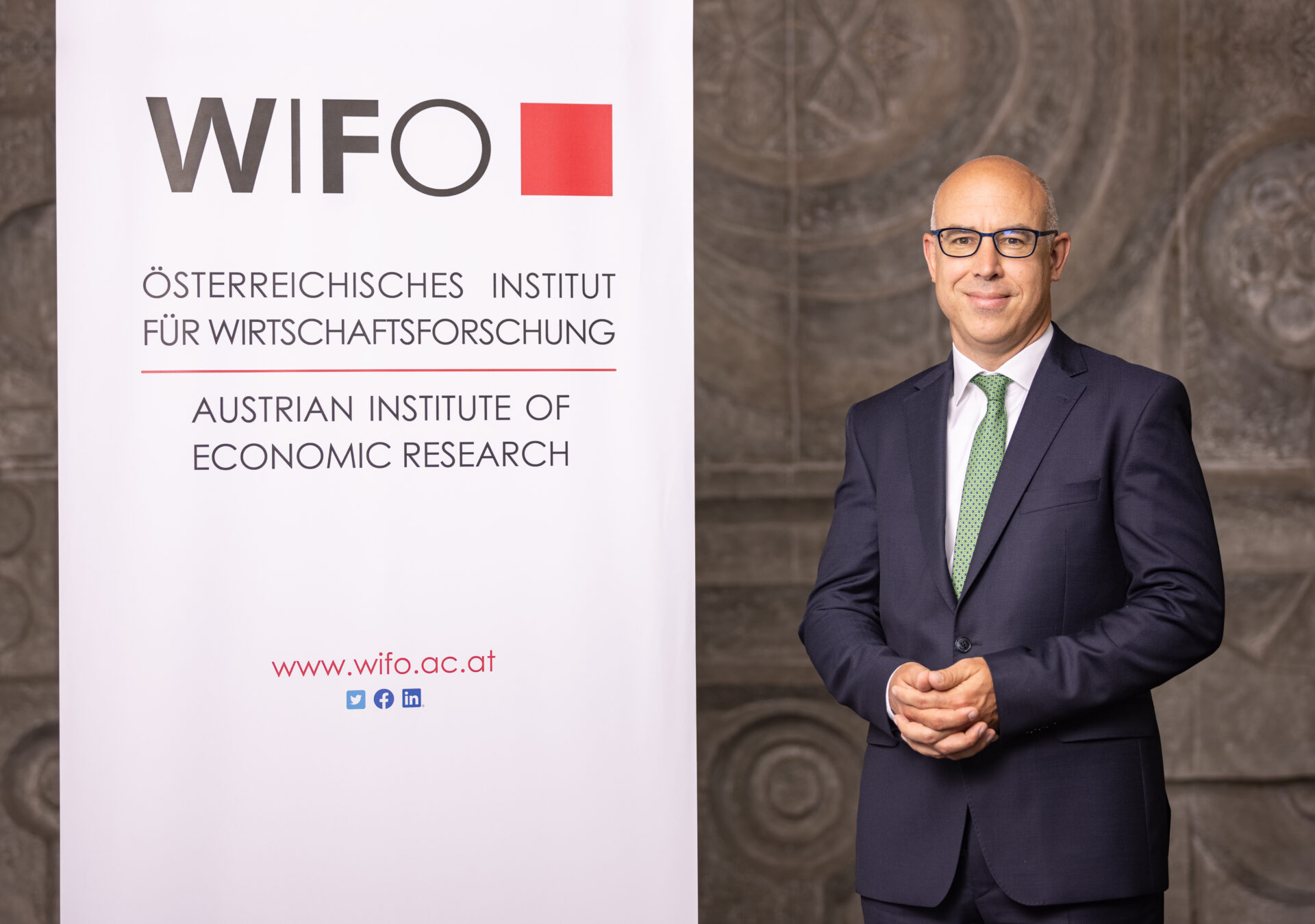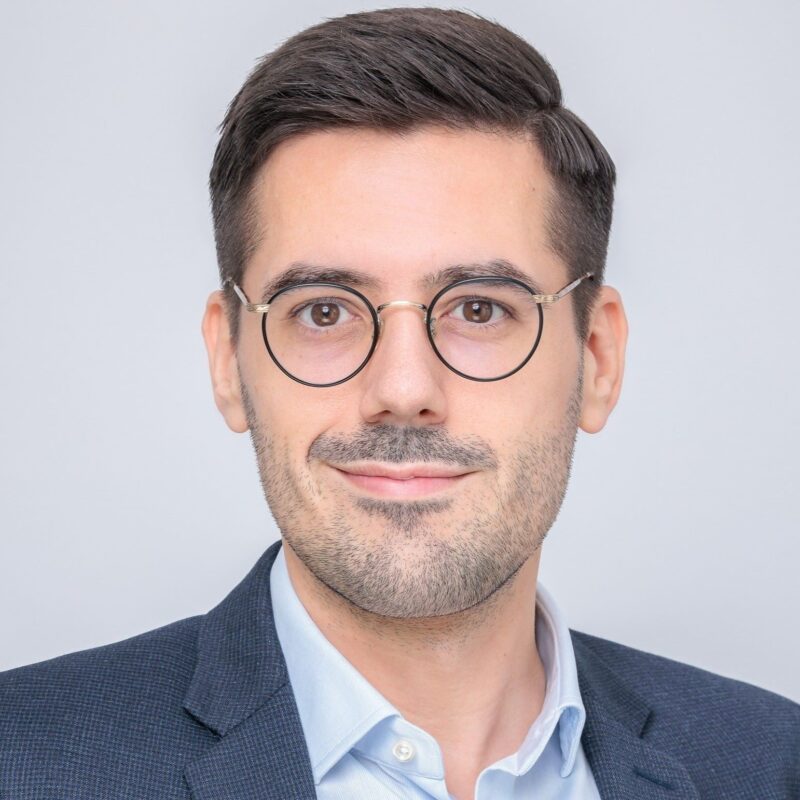
Gabriel Felbermayr Starts as WIFO Director
"WIFO is a scientific institution with almost a century of tradition and Vienna is a great location for applied economic research. I am very much looking forward to further expanding the relevance of Austria's leading institute in my home country and in Europe", said Felbermayr. During the appointment, WIFO President Harald Mahrer already stated that Felbermayr, as an outstanding personality in the field of economic research, would be a great asset for the Institute.
Gabriel Felbermayr was born in June 1976 in Steyr, Austria. After studying Economics and Trade at the University of Linz, he went to Florence, Italy, to pursue his doctoral studies. From 2004 to 2005, he was an Associate Consultant with McKinsey & Co. in Vienna. From 2005 to 2008, he was Assistant Professor at the University of Tübingen. From 2009 to 2010, he held a chair in International Economics at the University of Hohenheim (Stuttgart). From 2010 to 2019, he led the ifo Center for International Economics at the University of Munich, where he also served as a full professor in International Economics. From 2019 till September 2021 he was President of the Kiel Institute for the World Economy and held a chair in Economics and Economic Policy at Kiel University (CAU).
Gabriel Felbermayr holds various roles and positions. The most important are: Member of the Scientific Advisory Board of the German Federal Ministry of Economics and Energy, Chairman of the Statistics Council of the Statistics Austria Federal Institute, Associate Editor of the "European Economic Review".
His research and consulting work focuses on issues of international trade theory and policy, labour market research, European economic integration, and current economic policy issues. He has published a large number of articles in international academic journals, policy briefs, and newspapers. His research has been recognised with several awards.
























